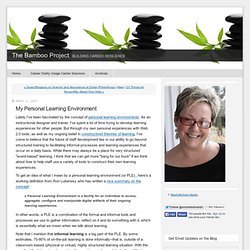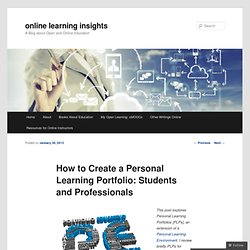

Essay on the importance of virtual communities to grad students. The work life of an academic can be solitary.

When I started my graduate training, I understood that research and writing would be isolating, but I never considered that while I love writing, I crave the company of other people in my work. As a graduate student and early career scholar, I have found a few colleagues that enjoy co-working, that is, writing in the same space. We congregate in coffee shops or at a local library, anywhere we find free wifi and caffeine to keep us focused. Co-working creates a shared sense of community around our work. We experiment with ideas and arguments or simply share our fears and frustrations around our research and writing. E-communities take you outside of your institution and even outside of your field, connecting you to other scholars or professionals doing similar work. How you engage with these communities depends on your comfort with your public presence.
Engaging with others in a virtual sense is a delicate matter. Personal Learning Environments – measuring the impact. Just recently a Tweet by @mkalz appeared in the #PLECONF Twitter stream: The PLE idea will die without impact studies.

#pleconf As much as I agree that we need impact studies, we all know that measuring impact in general is all but straightforward: How do measure the impact of PLEs? And the impact on what/who – the learner? The learning process? A framework that may be useful when designing an impact study, especially when defining and interrelating various dimensions and possible impacts, may be the activity theory triangle that we proposed here: Buchem, Ilona; Attwell, Graham; Torres, Ricardo (2011). The triangle defines the main dimensions of a PLE (subject, object, tools, rules, community and division of labour) and the core attributes of elements in each dimension, which can be contrasted with attributes of other activity systems to reveal potential points for conflicts and clashes.
Buchem, Ilona (2012). Like this: Like Loading... Personal Learning Environments. From the Wikipedia at "Personal Learning Environments are systems that help learners take control of and manage their own learning.

This includes providing support for learners to set their own learning goals manage their learning; managing both content and process communicate with others in the process of learning and thereby achieve learning goals. Important concepts in PLEs include the integration of both formal and informal learning episodes into a single experience, the use of social networks that can cross institutional boundaries, and the use of networking protocols (Peer-to-Peer, web services, syndication) to connect a range of resources and systems within a personally-managed space. My Personal Learning Environment. Lately I've been fascinated by the concept of personal learning environments.

As an instructional designer and trainer, I've spent a lot of time trying to develop learning experiences for other people. But through my own personal experiences with Web 2.0 tools, as well as my ongoing belief in constructivist theories of learning, I've come to believe that the future of staff development lies in our ability to go beyond structured training to facilitating informal processes and learning experiences that occur on a daily basis. Elearningsa - Calendar. NOTE: There are no PD sessions planned for South Australia in 2014 although recordings of Past Webinars are currently still available.The sessions below are the National Calendar and are available for everyone to attend.

Cost: Most sessions are completely FREE, unless indicated otherwise. Troubleshooting: If you cannot see a calendar of events below the line, your firewalls are blocking the Calendar application and you will need to talk with your IT people or view this page from outside your firewalls. If you have any issues with accessing a webinar session, see the Troubleshooting Guide.
Your browser must support JavaScript to view this content. Please enable JavaScript in your browser settings then try again. Check Calendar Help to become familiar with all the features of this interactive Calendar eg set up reminders, notification of new webinars etc. Elearning conferences 2013. This list most accurately covers conferences that are taking part all around the world from December 2012 through to June 2013.

There are a few conferences listed after this date but the list is not as complete. An updated list for elearning conferences June to December is also available. Yes, this is an extensive list and of course dates, locations, addresses etc are all subject to change. Have a look through the list, if anything it will give you a good idea of what people are discussing and wanting to discuss. If you are unable to attend a conference that you really really want to go to then give the organisers a shout, they might be sharing the content online. Go ahead, check out a conference or two, you might meet some like minded people, strike up a few great conversations and have fun learning a thing or two.
Here’s the conference list in a .doc format. Here’s the list of elearning conferences 2012. Why Students Need Personal Learning Portfolios More than We Do. This post explores Personal Learning Portfolios [PLPs], an extension of a Personal Learning Environment.

I review briefly PLPs for professionals, but focus on the potential and promise that PLPs hold for our students.